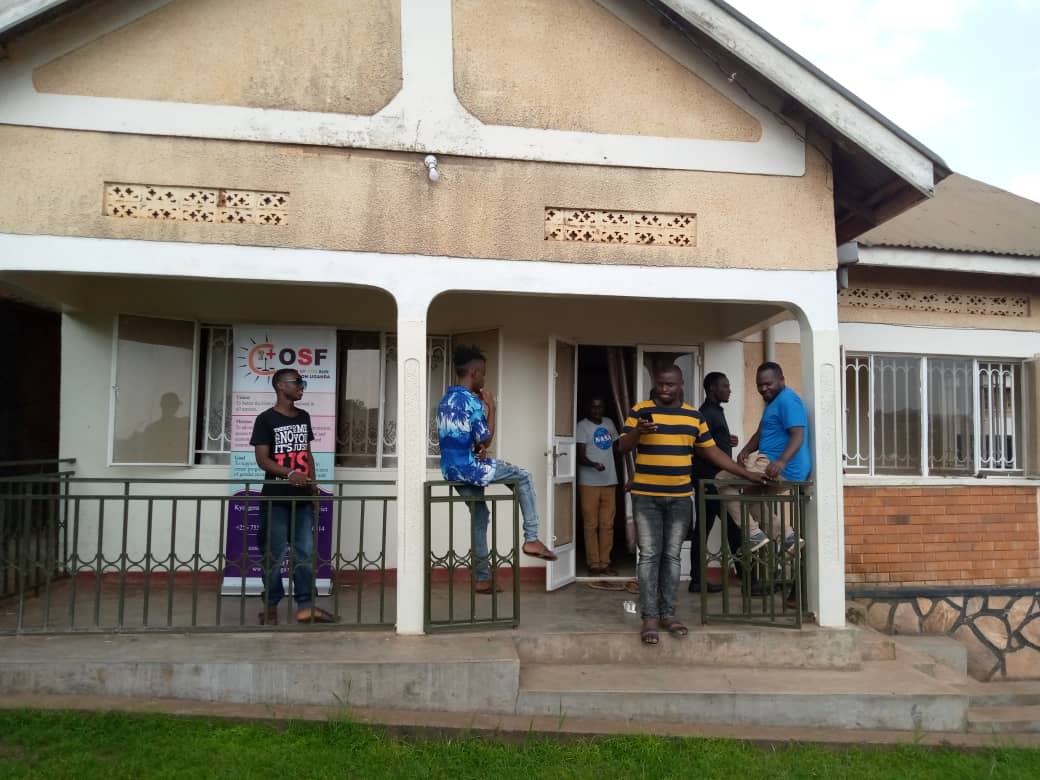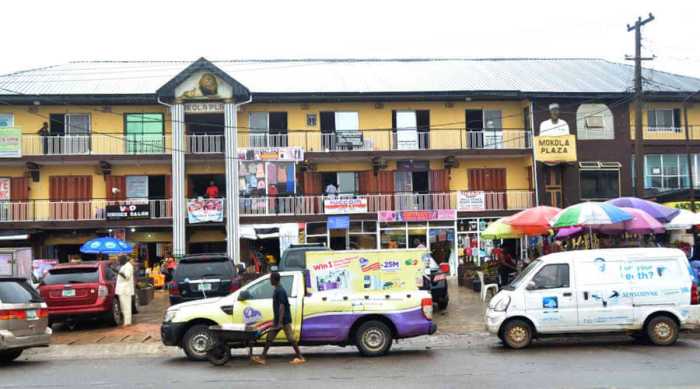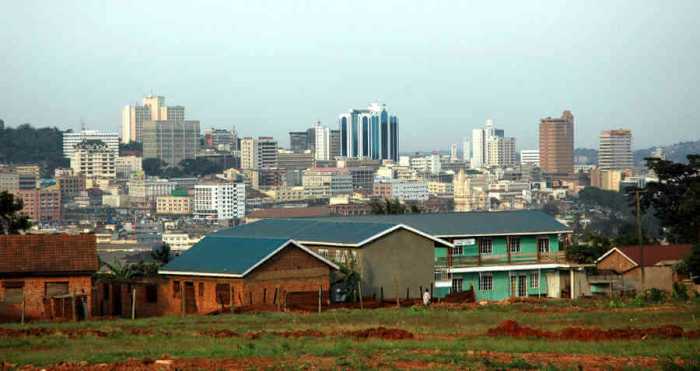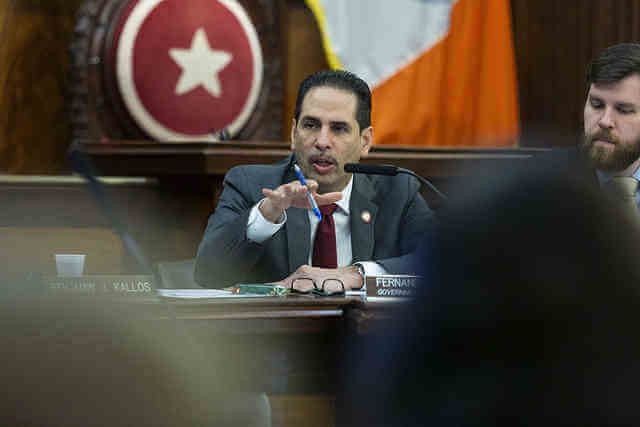Police in Uganda raided a youth shelter on March 29 and arrested 20 queer individuals on charges related to violating coronavirus-related social distancing regulations, throwing their lives and health into jeopardy and fueling concern that the nation is using the global pandemic to clamp down on LGBTQ rights.
Like many other countries, Uganda has imposed rules intended to reduce the spread of coronavirus, which authorities used as justification for the arrests of 14 gay men, two bisexual men, and four transgender women, according to The Guardian. The Human Rights Awareness and Promotion Forum (HRAPF), which provides legal representation to marginalized people in Uganda and is supporting those who were arrested, said the residents were staying at the Children of the Sun Foundation (COSF) shelter in the nation’s capital of Kampala.
As they were arrested, two victims were beaten and the rest were taunted due to their sexual orientation, according to HRAPF, which noted that lawyers for the group were on the scene at the time of the raid.
“Information gathered shows that the community members in the area and the leadership were worried about the ‘homosexual’ behavior of the youths who they believed to be a bad influence in the area,” HRAPF said in a written statement.
Mayor Hajj Abdul Kiyimba of the local Nsangi Municipality authorized the raid and personally physically assaulted two of the people who were arrested and interrogated them about their sexual orientation, the attorneys said.
Among the most devastating takeaways from the raid came after the residents were hauled off to prison. Police searched the shelter to find evidence of homosexuality and officers confiscated bottles of HIV prevention medication known as PrEP, as well as HIV testing kits and condoms — which are all much-needed resources in a nation where it is difficult for marginalized individuals to gain access to necessary healthcare services.
The arrests certainly seem unreasonable and suspicious, especially considering that the 20 LGBTQ residents were not gathering by choice; their presence in a shelter served as proof that they had no other place to go. Such arrests also would have no public health value given the worldwide concern that prisons serve as hotbeds for virus transmission because inmates are in such close proximity.
Those arrested also face serious barriers to due process as part of Uganda’s coronavirus regulations. Lawyers are banned from traveling during the crisis because they are not considered essential workers, meaning the detainees will lack legal representation as they navigate the criminal justice system.
Uganda’s strict anti-LGBTQ laws — and a culture of intolerance dating back to British colonial rule — curtail any significant public display of queer life. But there are some organizations dedicated to LGBTQ Ugandans, including not just COSF, which offers HIV testing and other services, but also Sexual Minorities Uganda, a non-governmental organization dedicated to the queer community. The late David Kato, who rose to prominence as a visible LGBTQ rights activist in Uganda before his murder in 2011, was a part of Sexual Minorities Uganda.
Contrary to the charges levied by police, both organizations have taken proactive measures to prevent the spread of coronavirus. Sexual Minorities Uganda issued a statement on March 20 — before any confirmed cases of coronavirus surfaced in the nation — encouraging members of the LGBTQ community to avoid in-person visits and instead communicate with the organization via phone or email. COSF posted public health warnings about COVID-19 as early as March 17, asking its members to take precaution and wash their hands. By March 23, it offered even bolder guidelines.
“We appeal to all our members to stay at home,” COSF said on Facebook . “Stop meeting friends and partners up until this storm passes.”
Neither organization immediately returned requests for comment on April 1.
The 20 individuals are slated to return to court in late April, but the status of the nation’s court system is up in the air due to the crisis. Attorneys with HRAPF fear that they will not be able to bail out the COSF residents as long as the COVID-19 lockdown remains in place.



































